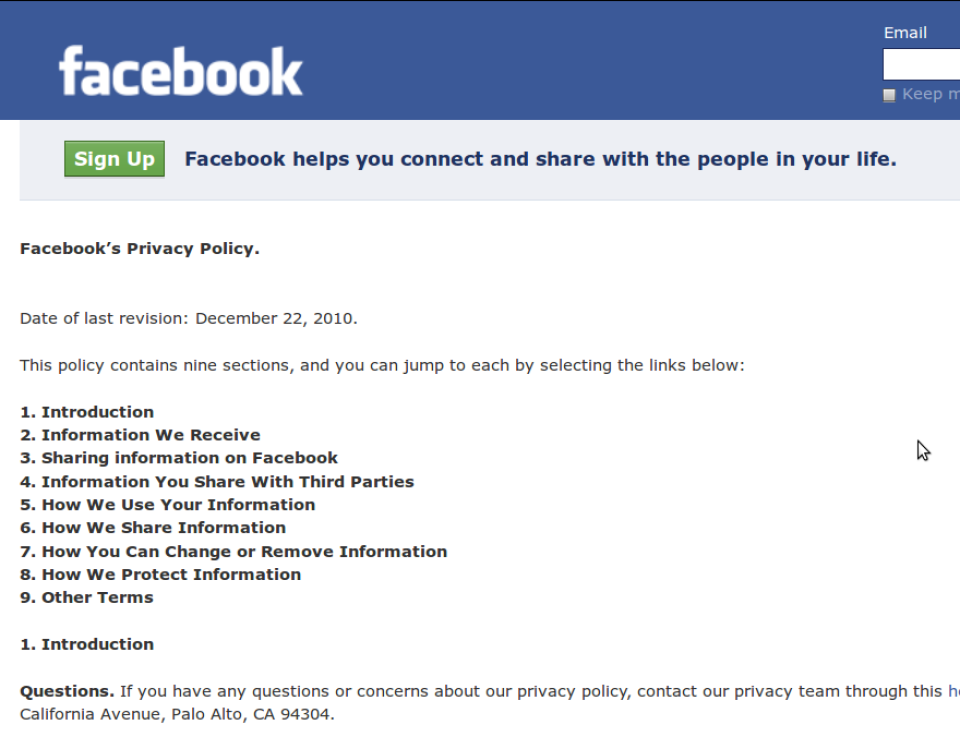
The experience of researching and examining issues of sexuality in the internet was very important for me and the Foundation for Study and Research on Women (FEIM). Personally, I have always worked, studied, researched and written on sexuality, especially in women from childhood to old age, but regarding the effect on their lives and reproduction. Never before had I personally explored the intersection between the form of communication enabled by internet and sexuality, how this affects and impacts the lives of women.
The study allowed us to discover a world in which people of all ages, orientations, and sexual identities include and use it but about which they rarely stop to reflect. Internet opens doors and perspectives that we were previously unable to imagine. It allows for limitless communication among people from different parts of the world, avoiding many of the restrictions in reaching our peers by erasing distances and other limitations.
It was very interesting to discover that lesbian and/or bisexual women’s groups can now communicate, locate one another and enter into exchanges without having to report to other people. The “privacy” afforded by internet was considered very positive in these cases and as something they all wanted to preserve.
Privacy was also valued in other cases by adult women who acknowledge that they do through internet what they are reluctant to do in real life, giving them pleasure and liberating them, such as showing themselves and striking especially attractive and erotic poses. The possibility to display themselves before many people, by sending photos in which they appear naked or 'act sexy', is in general recognised in the literature as risky.
Many examples were given as to how abuse, rape, and other problems ─even disappearances─ were produced, especially among adolescent and young women as well as women in other age groups. Although men also have risks, women suffer them with greater frequency.
One problem we noticed was the lack of rules and clarity in labelling, for example, pornography or similar terms by internet service providers. Added to this diversity of meanings assigned to some words is a lack of specifics in restrictions surrounding their use, for example, in the case of minors.
In general, these restrictions are easily circumvented since it is up to the user to decide what content is appropriate. If the user is a minor and no assurance mechanisms exist, this can open the door for abuse, rape, and even disappearances of people, especially minors. Sex-ting is commonplace all over the world, with multiple precedents of these kinds of abuses and violations.
In order to avoid abuses through restrictions and limitations, it was clear that everyone prefers to have mechanisms that do not limit the right to information, a basic human right. The challenge therefore lies in how to sensitise and raise awareness among female internet users that this is a public space that is difficult and sometimes impossible for her to control, which is easy to access, but is completely uncontrollable in terms of the number of people that may log on; sometimes it is very hard to keep it from becoming an attack on privacy. That is why the solution is not to not use it, but rather to do so with certain precautions.
The feminist world has yet to seriously approach this problem. It remains unknown to most and so this is not a realm of activism widely used by feminists. Although we work on dealing with the model of woman promoted in the media, in school books, and in daily life, among other aspects, we do not explore it on the internet.
Nor is the way the internet is used and constituted as a very effective tool for spreading the concept of “woman as object” of pleasure for others a subject of study or concern among our collective. Or that even many women, who may in real life deny and reject this, use it and even relate getting pleasure out of it. The sending of photos as ways to discredit and violate the right that every woman should have to decide, should also be a cause for concern, attention and struggle for feminist women. But it seems that we do not see it.
For this reason the EroTICs research allowed me personally and the FEIM group to understand the importance and the need to include this issue in our activism in defence of the rights of women, safeguarding the right to freedom of expression and access to information, and to struggle to avoid these distortions that threaten the model of women and gender equity that we defend and which is our raison d’être as an institution.
I hope this publication allows other feminists to understand the importance of this issue and begin to incorporate it into their activism. But I also recognise that we should include it as a point of discussion and interest among ourselves. Therefore I am assuming the part that pertains to me personally and institutionally, and I hope that we can increase our number of advocates. It is worth it!
Mabel Bianco is president and founder of the Foundation for Study and Research on Women (FEIM-Fundación para Estudio e Investigación de la Mujer) in Argentina. She is a physician and researcher, and has worked since the 1970s in gender and health. She headed up several programs in the public sphere and is a consultant for various national and international organisations as well as agencies in the United Nations system. In 2008, Mabel took co-authored the policy review produced as part of the APC EroTICs research. The Review mapped international and regional legislative and policy landscape in the area of internet governance and sexual rights.
- 8301 views






Add new comment